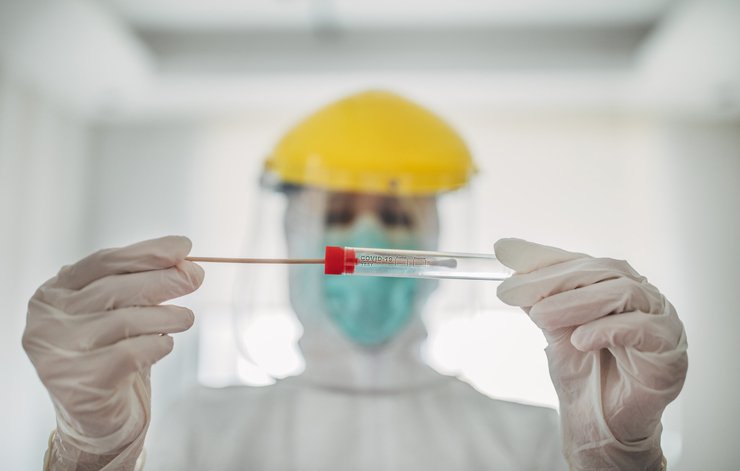
image credit- shutterstock
A team of scientists at the National Defense Medical Center and Centers for Disease Control in Taiwan has conducted clinical comparison of three sample-to-answer systems for detecting SARS-CoV-2 in B.1.1.7 lineage (alpha-variant) emergence.
The BioFire Respiratory Panel 2.1 (RP2.1), cobas Liat SARS-CoV-2 and Influenza A/B, and Cepheid Xpert Xpress SARS-CoV-2/Flu/RSV platforms, which have been granted emergency-use authorization by the US FDA, were tested and compared.
The positive percent agreement, negative percent agreement, and overall percent agreement among the three point of care testing systems were 98– 100%, including for the wild-type SARS-CoV-2 (non-B.1.1.7) and a variant of concern (B.1.1.7).
Notably, the BioFire RP2.1, by US-based BioFire Diagnostics, may fail to detect the SARS-CoV-2 S gene in the B.1.1.7 lineage because of the spike protein mutation.
"Our findings suggest that the lower diagnostic sensitivity of the BioFire RP2.1 for clinical samples led to false-negative results in samples with very low viral loads", said the researchers.
All three point of care testing platforms provided highly sensitive, robust, and almost accurate results for rapidly detecting SARS-CoV-2. These automated molecular diagnostic assays can increase the effectiveness of control and prevention measures for infectious diseases, according to the researchers.




